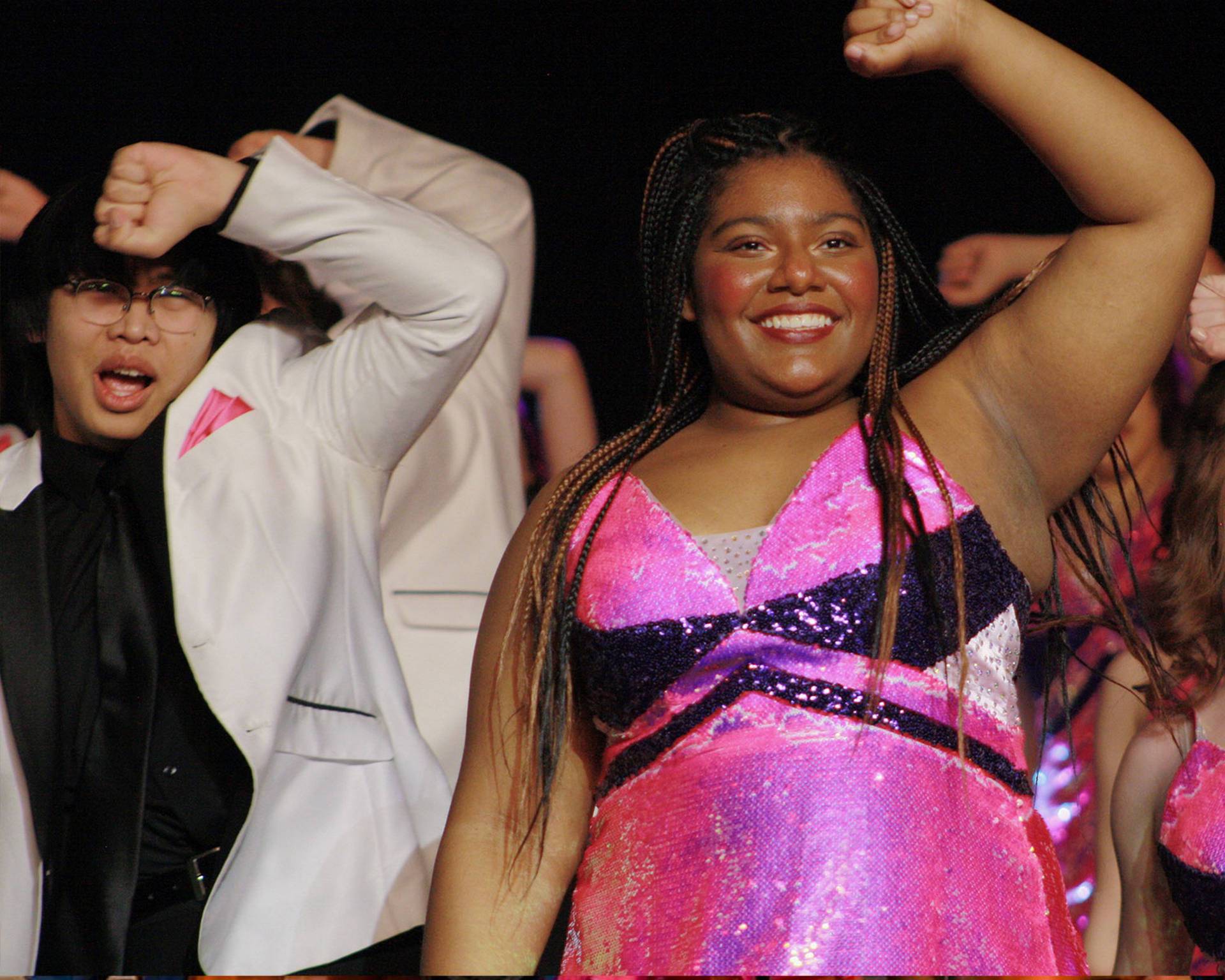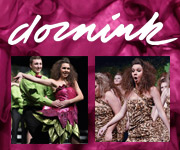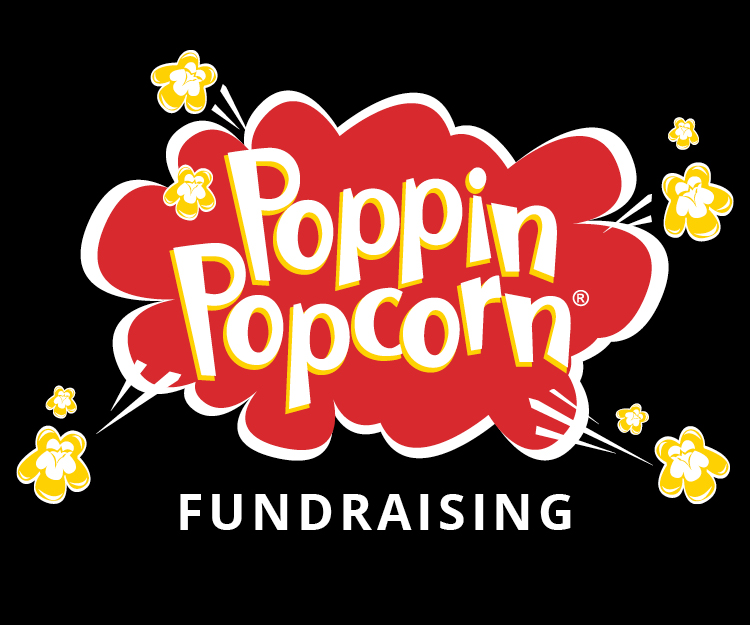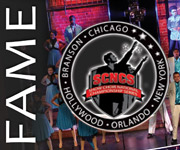
Richard Moses, director of the Onalaska High School show choirs since 2012, says the school reflects the diverse cultural interests of the community. I spoke with him to learn more about his career and the show choirs at Onalaska High.
Your school hosts an annual competition that is now going into its 37th year. Tell me a bit about that.
Richard: Yes, the competition was started years ago by Paul Gulsvig. It’s typically held the second weekend in January. In that covid year, 2021, we delayed and did it in April. Even with snowstorms and all that, we’ve never missed one.
We have to be ready before winter break so that when school starts back up in January, we hit the ground running. We’re done with competitions in March. We have to do it in the window of sports. In the fall we run into football and wrestling, and then in the spring there’s baseball and soccer and other things going on.
Do some of your students participate in sports as well?
Many! Onalaska is not a huge school, so we have to share. Our choir competition is a strong tradition here. Paul started this program and made it flourish. He also coached football and basketball, so he had a lot of sports people in his program. We try to work with all the other teams so we can share. For the most part, it works really well. I have football players, cross-country athletes, and soccer players. Soccer players are particularly good dancers, by the way, because of all the footwork they have to do. And of course we have hard-core band, choir, and theatre people who that’s all they do. It’s a wide swath of people interested in different things. It’s really cool.
I always love it when people in sports and people in the arts interconnect. There are so many benefits from each one, and so many similarities.
There are! I think that’s not emphasized enough—the whole concept of coming together as a team, having discipline, and working on skills. Winning the game or doing well at a competition is based in the work, the process. The product will take care of itself if you take care of the process. We just do the best show we can. If you focus on that the rest takes care of itself.
Is the competition you host local or regional?
We have groups coming from Nebraska, Illinois, Minnesota, Iowa and a lot of local groups. The LaCrosse area is a pocket of show choir. Pretty much everyone is doing a competition now, so we make it a point to go to theirs and they come to ours. Sometimes there’s a scheduling conflict but we do try to support one another.
Sounds like there are a lot of opportunities for the students to gain experience.
Yes! I love going out of state. We see groups we wouldn’t otherwise see and there are some amazing groups out there.
I’ve noticed there are different approaches to putting together a show—popular show numbers, a theme, a story, etc. How do you approach it, and does that change based on the student population?
Yes. We’ve dabbled a little bit in several different things. We’ve done the story shows, the these-songs-are-on-my-playlist type shows. Now we are into a connective thread, such as songs about growing up in high school. The process of building a new show is the most stressful for me. I don’t do it alone. My wife and my colleagues have input and I ask my choreographers what they think. Getting the show ready and rehearsing, to me that’s fun. Once I see it going then I know it’s going to work and I can relax.
Are your choreographers freelance?
Yes. I’ve hired Jarad Voss and Damon Brown. I’ve just hired Lexi Robson, and I’m excited because she’s a young up-and-comer. Great choreographers and great arrangements are key, and costumes that make sense. All that comes together to build a great show.
It’s so important to find people who are really good at the parts we aren’t good at. It’s a full team effort, and the students are a team themselves.
Yes! Last year we had an amazing group of juniors and seniors who worked so well together and it was so enjoyable. The last couple of years have been really great because they are working together as a team.
I wonder if that is something good that came out of the pandemic. They would have been middle schoolers or freshmen when it all started.
I can’t even imagine being isolated and a teenager or pre-teen during that time. We’re going to feel those shockwaves for a long time. But I think kids are resilient. They will figure it out.
I read an article about Miss America 2023 visiting the school. What can you tell me about that?
We have a student who participates in pageants and she knew Grace Stanke who was Miss Wisconsin and became Miss America. She and her mom reached out to Grace’s manager and asked if she would come see us at our competition. It was amazing! She came in her gown and crown and played violin for us. The students loved it! She was lovely and so generous with her time.
I also read that early on you had planned to be a record producer.
Yeah, back in my 20s, that was going to be my thing. I was going to be an audio engineer. I did work for a radio station for a short time and then shifted towards education. I still have a passion for it and make recordings of our concerts. One of my skills that I’m proud of is that my groups are generally balanced because of that background. I tell the bass and tenors, you have to be louder and be the foundation to support the rest of the group. It’s about harmonics and frequencies. Lower frequencies generate upper frequencies, so when the upper frequencies sing louder than the lower frequencies, it’s like a pyramid upside down. It’s a mixing concept all the way. You have to have a lot of bass and tenor, and alto, then the sopranos don’t have to sing as loud as they could.
It’s neat that you use those skills in a place very different from a radio station. I’m a dance educator, and I have vivid memories as a child “playing school.” I never thought of myself as being a teacher, though. When I went to college. I wanted to be a professional dancer, which I was for a time. I also got an Master of Arts in Elementary Education and ended up teaching dance to elementary-aged kids at a local non-profit studio. Not as a “plan” I had devised since childhood—it just seemed to be the right thing to do for me. So that’s the one little nugget I always come back to is that subconsciously I wanted to teach. Is there something from your childhood you can recall of some spirit in you that led to where you are?
As a child I was into engineering and I would record high school friends in bands, everything from bluegrass to hard rock to jazz. When I started college, I went into composition. I was good at theory and composing tunes. I did an undergraduate [degree] in composition, and then I got a Master of Arts in Music Theory. Similar to you, I decided later to teach. I just knew I wanted to make music. Then I visited my old high school and the new director there was phenomenal. I saw what you could do with high school students and I knew what I wanted to do. I had that pivotal moment of clarity, I saw what was possible, and that really changed my life. I went back and got certified to teach.
Once I started there was a lot to learn about how students learn, and how to motivate students. The first few years, I learned a lot. Even still today I’m learning new things about students, how different people learn. Certainly the pandemic had a lot to do with how some students are handling things now. We see more anxiety and more stress. It’s amazing to me all the different traumas people can suffer but at the same time, students are very resilient.
I’ve been at this for a long time now, and there are still things to learn. I think that’s a key to being a decent educator—continue learning yourself.
I agree. And I think that’s important for people of any age to hear stories of how you got to where you are. There still seems to be this idea that you choose your path in college and that degree is what you do, and for a lot of people it’s hardly ever that.
People get all sorts of degrees and then do something different. I think the experience of going to school and learning new things, that opens up your mind. Just keep learning!











